THIS CONTENT IS BROUGHT TO YOU BY NTNU Norwegian University of Science and Technology - read more
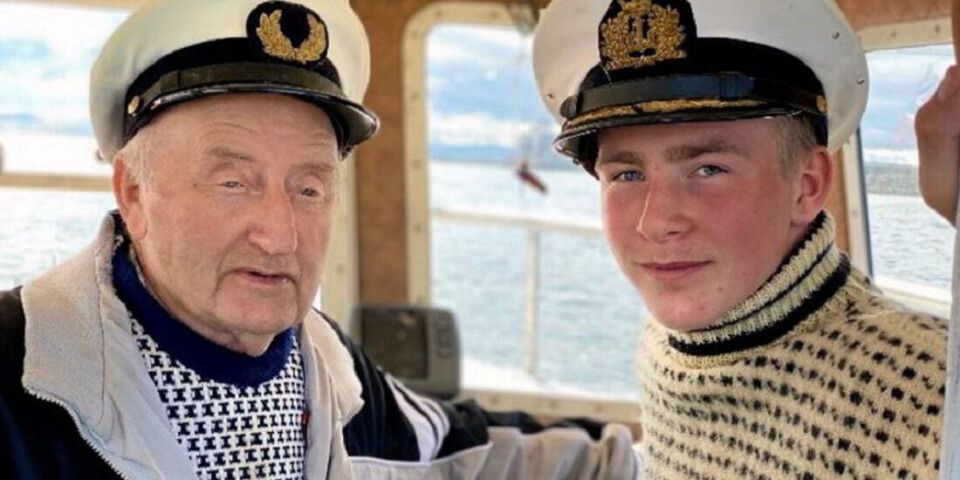
Jobs that are culturally significant may be performed by children
“A sense of community between generations will be key to ensuring sustainable coastal communities. The importance of children’s learning through work is underestimated,” professor says.
The NTNU professor is not advocating child labour for financial reasons. Anne Trine Kjørholt has led a study on the childhoods of three generations in coastal communities across five countries.
A clear conclusion is that people’s sense of belonging to the local community is developed from childhood – and often through practical work.
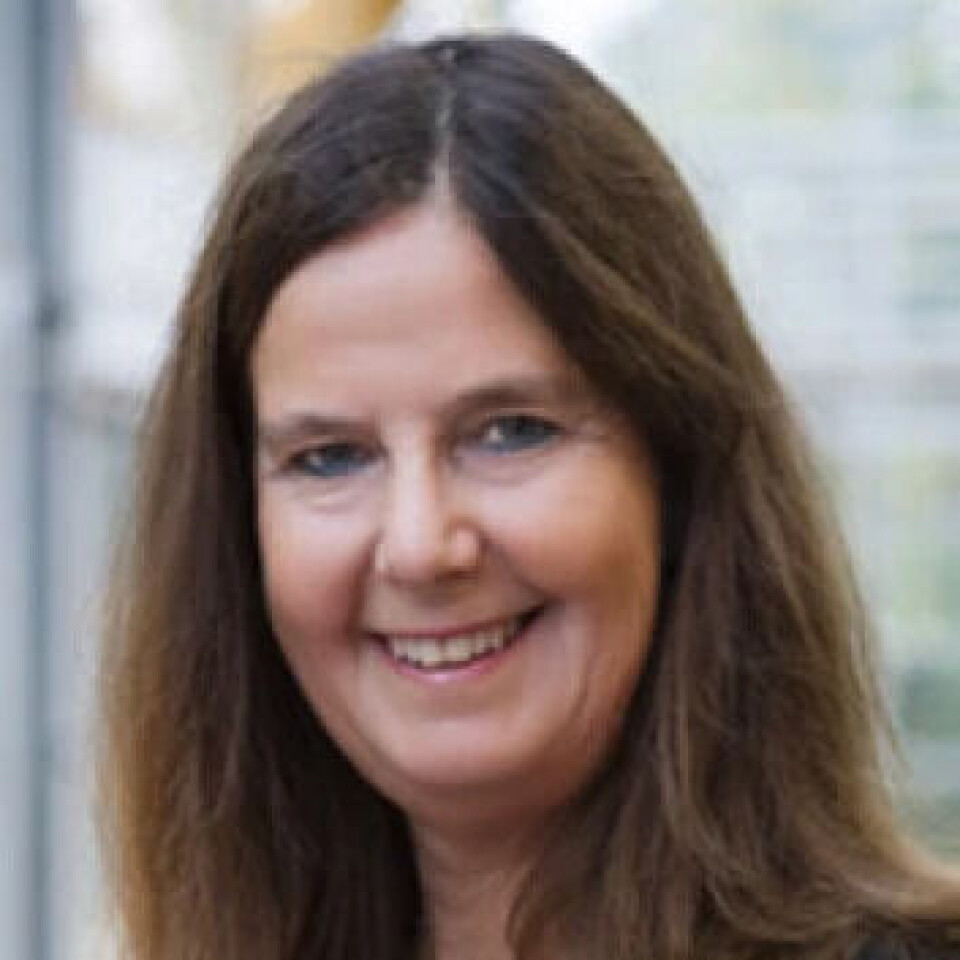
“Jobs and finances are natural prerequisites, but a sustainable society is also about the natural environment, culture, and social life. Traditionally, coastal communities relied on children participating in duties and work. This meant that there was close contact and transfer of knowledge across the generations,” Kjørholt says.
She is a professor at the Department of Education and Lifelong Learning at NTNU.
Across generations
“The foundation for a sustainable local community is that people experience a sense of belonging to nature and people and want to live by the coast," Kjørholt says.
She explains that the learning that occurs through participation, social learning, is under threat as the sense of community between generations is weakening.
"The education system emphasises individual performance, and social media and the global urban culture can also pose a threat to sustainability in local communities,” she says.
International study
In Norway, the study looked at Hitra and Frøya on the Trøndelag coast, and several fishing villages in Lofoten and Vesterålen. Coastal communities in Ireland, Cyprus, the Faroe Islands, and Tasmania were also included.
In-depth interviews were conducted in two rounds with a selection of youth aged 15-19 years, their parents, and grandparents.Fieldwork involving meetings and observations was also carried out.
This helped give a better picture of how childhood and upbringing have changed since 1945.
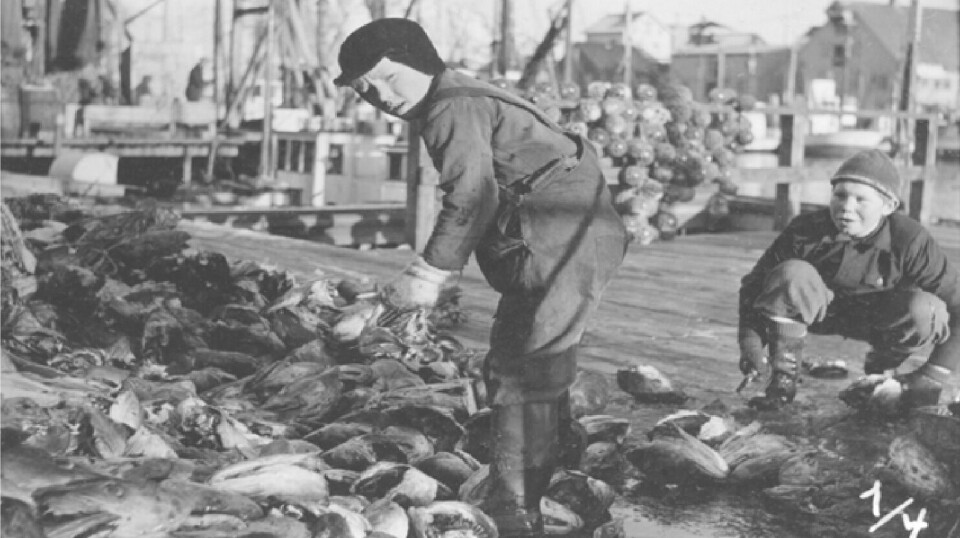
Less sustainability
One finding that recurred everywhere was the gradual loss of skills and local knowledge. Many coastal communities experience depopulation due to a lack of jobs.
In turn, this weakens their financial sustainability. At the same time, the emphasis on formal education and values associated with an urban lifestyle is also reinforced.
“Although there is less of a sense of community through work, a lot of social learning takes place in leisure time and during the holidays," Kjørholt says.
She adds that Frøya is one example where we can see that the transfer of tradition from the oldest generation to the youngest remains strong.
"Many coastal communities maintain the tradition of children cutting out the tongues of the cod during winter fishing,” she says.
School is seen as too theoretical
One of the objectives of the study was to identify the reasons why so many people drop out of upper secondary school. Kjørholt believes that relevance is a key explanation.
“In order to understand dropout levels, we need to understand the social and cultural framework around education. Many pupils find that education is irrelevant to what they want to learn and the needs of their local community. They consider school to be too theoretical. More practical opportunities are required, such as at Guri Kunna Upper Secondary School on Hitra and Frøya," she says.
The school is one of many offering a nature course where pupils learn about fishing, hunting, and aquaculture.
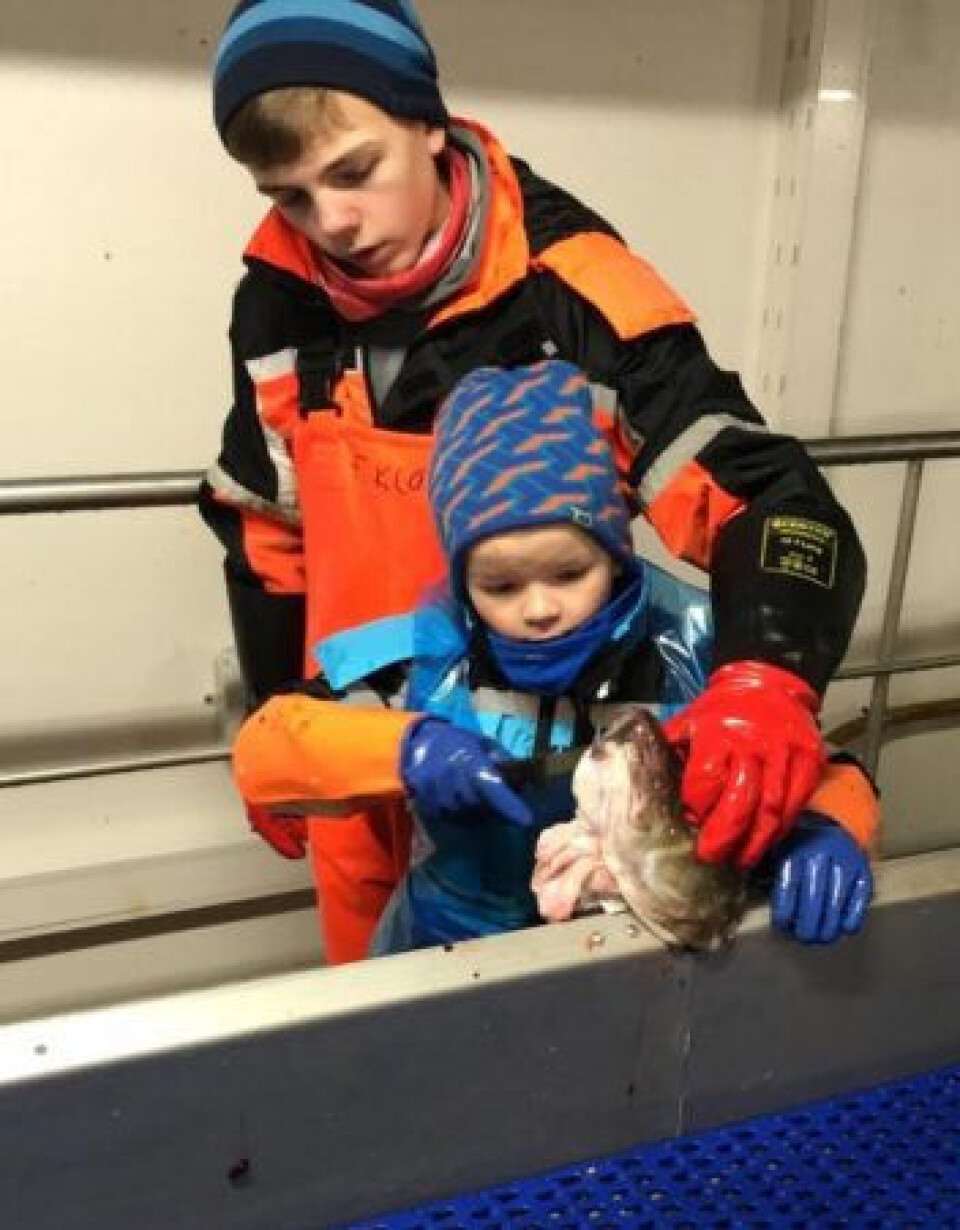
“The pupils fish for spawning cod in Lofoten, using their own vessel. The elective boathouse course is popular at Frøya Lower Secondary School. This course is linked to fishing and aquaculture. Such practical and locally-rooted educational offerings are something we need more of,” Kjørholt argues.
Age segregation
The study has found that a sense of community between generations leads to a sense of belonging, well-being, and happiness.
However, Kjørholt believes that the organisation of modern society is based on age segregation with a focus on the individual. People report a growing sense of loneliness.
Kjørholt believes that this may be linked to communities becoming more fragile. She is calling for meeting points between generations.
“Why do choirs, dance groups, and other activities need to be separated by generation? Children become less vulnerable when they learn to deal with people of all ages. Sustainability is also about preserving and developing new forms of generational community," she says.
Looking ahead
Kjørholt says this is not about bringing back the working life of the 'old days'.
“Local knowledge and community between generations is not enough to create a sustainable coastal community and it will take more than fishing and fish farming. The coastal communities need broad innovative thinking — in business, everyday life, and in terms of culture and interests,” she says.
For instance, pupils in the restaurant and food education programme at Guri Kuna are working on incorporating seaweed into new dishes. The aquaculture industry has revolutionised many coastal communities.
“When we spoke to people who had established themselves as salmon farmers, some of their explanation for their success was that they had learned the basics from traditional fishing,” Kjørholt says.
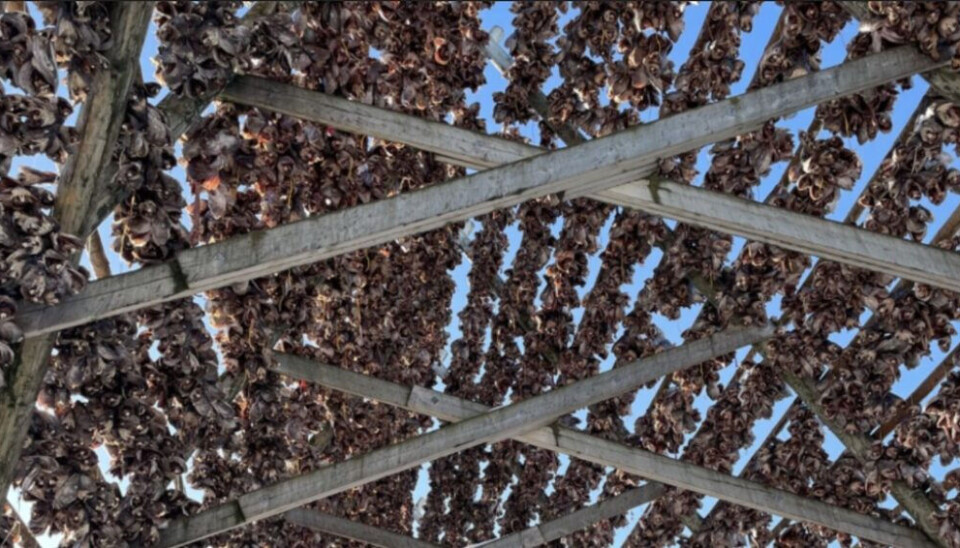
Difficulties for migrants
A local community with strong roots is not always a positive thing for those coming from outside. New trade and industry have attracted many migrant workers. On Frøya, 43 nationalities are represented.
“Ideally, you need to be a third-generation resident of Frøya to be fully accepted. It is harder to become part of the community when you did not grow up as part of it. We find that economic migrants are happy with the financial situation. Like the natives, they also appreciate the local environment and proximity to the sea," Kjørholt says.
However, some migrants also find that they do not integrate socially and that they sometimes feel excluded. Social and cultural sustainability is also important, the researcher adds.
“Cultural work”
It is important to note that child labour is prohibited in Norway. The Norwegian Working Environment Act states that children under the age of 15 should not normally undertake work, while light work can be undertaken by children over the age of 13.
However, exceptions are made for work that can be defined as cultural or similar.
Children are permitted to cut out cod tongues because the work is considered cultural.
More content from NTNU:
-
Fish farming is least harmful to the seabed in the north
-
Study: Centralising hospitals has reduced birth mortality
-
Early testing of schoolchildren: “We found absolutely no effect”
-
This determines whether your income level rises or falls
-
Why is nothing being done about the destruction of nature?“We hand over the data, but then it stops there"
-
Researchers now know more about why quick clay is so unstable





































